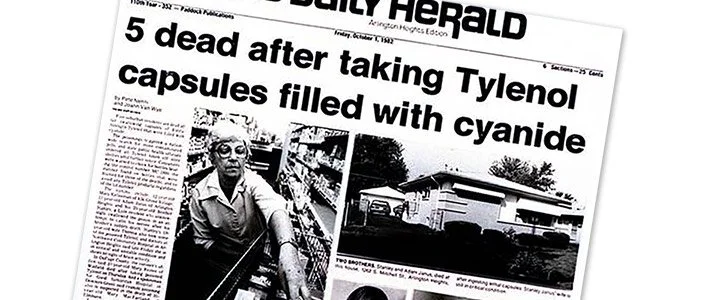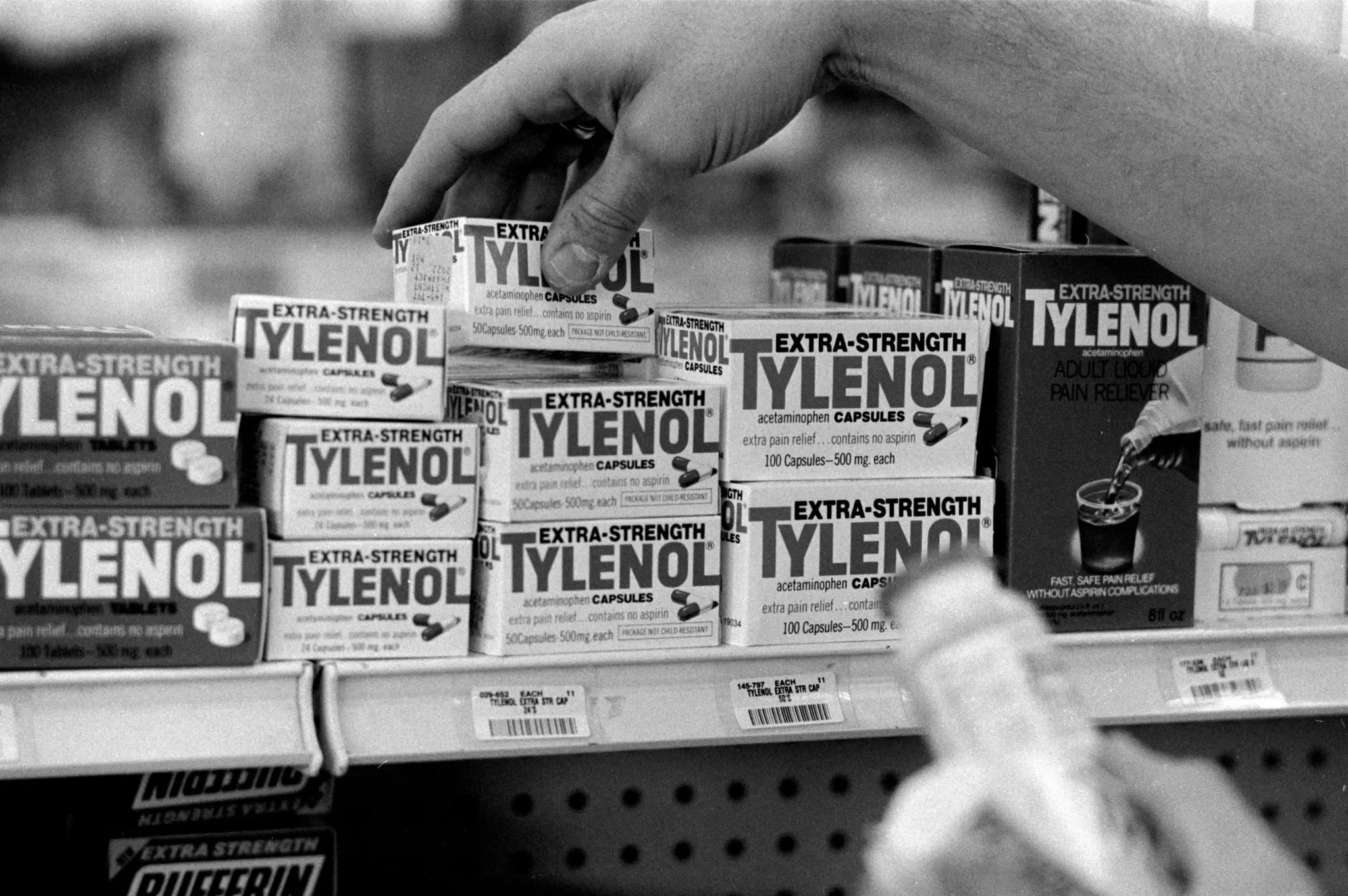The Fly in the Soup: How the Tylenol Crisis Proved That Branding is Built from the Inside Out.
In branding, perception isn’t everything, behaviour is. You can design the most elegant logo, launch the most polished campaign, or create the most exquisite customer journey. But if one action, one employee, or one decision undermines trust, the entire brand falls under suspicion.
Because no matter how delicious the soup, if there’s a fly in it, that’s all anyone remembers.
And few real-world examples illustrate this better than the 1982 Tylenol crisis—an event that not only threatened lives, but risked the collapse of a billion-dollar brand overnight. What followed wasn’t just a case of crisis management; it was a masterclass in human-centred brand leadership, empathy, and internal alignment.
The Crisis That Could Have Killed the Brand
In September 1982, tragedy struck in Chicago when seven people died after consuming Extra-Strength Tylenol capsules laced with cyanide. Panic swept the nation. At the time, Tylenol held over 35% of the U.S. pain relief market and was one of Johnson & Johnson’s flagship products. Confidence collapsed instantly.
But instead of downplaying the issue or waiting for conclusive investigations, Johnson & Johnson responded with swift, radical transparency.
They recalled more than 31 million bottles of Tylenol from shelves nationwide, even though the contamination was limited to Chicago.
They issued warnings through every major media channel.
They offered full refunds, set up customer hotlines, and worked openly with law enforcement.
Most importantly, they led the way in designing tamper-proof packaging, which later became a regulatory standard worldwide.
It wasn’t just an act of responsibility. It was an act of brand stewardship guided by a deep alignment between the company’s purpose, values, culture, and customer understanding.
This Is Branding at Its Highest Level
Johnson & Johnson’s handling of the Tylenol crisis is often praised as textbook crisis management. But really, it was something more:
It was a demonstration of brand integrity, the kind that can’t be faked with messaging alone. Their internal culture, led by the company’s Credo, prioritised patients and consumers above profits. That belief system was embedded across leadership, marketing, product design, and employee conduct. And when the worst happened, the organisation didn’t have to scramble for a PR angle, it simply acted in alignment with its values.
The result? Within a year, Tylenol recovered its market share, restored public trust, and went on to remain one of the most recognised and respected pharmaceutical brands in the world.
The Musubi Perspective: Brand Is a System, Not a Symbol
At Musubi, we believe this is the real heart of branding:
The system, not just the symbol.
A logo can’t carry a brand on its own. A clever ad campaign won’t compensate for a broken culture. A new website won’t hide a toxic frontline experience. Today’s brands are judged by every layer of interaction, and every moment of integrity.
We help you build brands that are:
Human-centred, so the people who use, buy, and trust your product feel heard, respected, and safe.
Culture-powered, so every employee - from CEO to intern - embodies the brand in real, everyday decisions.
Strategically managed, so your identity is not just inspiring but coherent, scalable, and future-proof.
System-based, so your brand becomes a foundation for product innovation, leadership focus, staff alignment, and organisational resilience.
Because real branding doesn’t live in the guidelines. It lives in the behaviours, beliefs, and experiences people encounter especially when the unexpected happens.
Lifting the Whole Organisation
At Musubi, our world-class brand management approach is designed to do more than refine how you look, it transforms how you operate, communicate, and grow.
We give your organisation a clear roadmap to:
Align internal culture with external promise
Embed brand thinking into leadership and operations
Design brand systems that can withstand reputational stress
Turn your entire team into brand ambassadors - instinctively and proudly
When brand becomes an operating system - shared, understood, and lived across every function - you no longer worry about the fly in the soup. You’ve trained the kitchen, briefed the waitstaff, elevated the recipe, and designed the restaurant experience to world-class standards.
And that’s when branding stops being a risk and becomes your most powerful asset.
Musubi. Brands that behave beautifully.™


